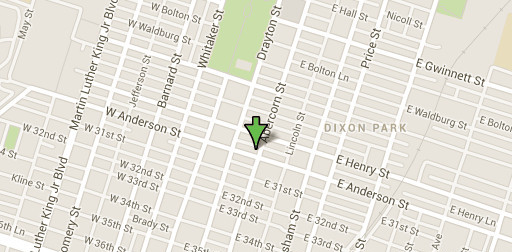This is true for TMJ headaches. There are some very common causes that you might be blaming for your headaches–especially if you have migraines–that might actually mean TMJ is the root cause of your headaches.
Foods
When listing migraine triggers, foods come up at or near the top of the list. Some foods are often blamed for being migraine triggers, but, often, it’s just not true, as with the confusion over red wine headaches.
Hopefully, you’re keeping a headache journal that can help you narrow down what foods might be associated with your headaches. But how are these foods potentially causing your headaches?
Once you identify the foods that are related to your headaches, look for a common factor. If the foods are chemically similar or contain certain elements known to be migraine triggers, then it’s likely a chemical trigger.
But if the foods causing your headaches are either asking you to open your mouth wide, or spend a lot of time chewing, then it’s likely that TMJ is mediating your headaches through jaw tension and stress.
Stress
Stress is another common headache trigger, both for migraines and for tension headaches. But the true cause of the headaches may not actually be the stress, but stress-related behaviors.
Common stress-related behaviors that cause headaches include:
- Forgetting to eat
- Eating too much junk food containing MSG
- Forgetting to drink water
- Drinking too much alcohol
But one of the most common stress-related behaviors that leads to headaches is clenching your teeth. Teeth clenching can be a symptom of TMJ, which puts your jaw in a position that stresses your muscles. TMJ also means that if you’re clenching your jaw, your muscles will be disproportionately stressed, leading to headaches. Chewing on non-food objects like pencils, pens, or fingernails can also stress your jaw muscles and joints, leading to jaw pain and headaches.
Exercise
Working out can cause headaches for many reasons. You might experience elevated blood pressure that can lead to headaches. You may also experience hypoxia that results in either dizziness or headaches.
But TMJ can also be the hidden trigger for exercise headaches. You may not realize how hard your jaw is working when you’re working out, but your jaw helps to stabilize your core and anchor muscles of the head and neck. If you have TMJ, a workout can be too much for your jaw muscles as well as the muscles they partner with in your head and neck. If you experience exercise headaches as well as tense muscles in the head and neck, it’s likely that TMJ plays a role in your headaches.
Socializing
People who are introverts may blame their headaches on being out with large groups of people. There’s too much anxiety, or maybe it’s related to the kinds of foods and drinks they consume when socializing (salty food, potentially junk food, alcohol).
But TMJ might actually be why you get headaches related to socialization. Spending more time talking, talking more loudly, and smiling can stress your jaw muscles. If you have TMJ, this jaw muscle stress can then get translated into headaches. And, of course, TMJ can mediate stress-related social headaches, too.
Find the True Cause of Your Headaches
If you are trying to find an effective cure for your headaches, you first have to identify the true cause of your headaches. A comprehensive diagnosis by a TMJ dentist can either confirm TMJ or eliminate it as a potential cause. And if you have TMJ, then treatment can give you relief from your headaches.
To learn whether TMJ is the true cause of your headaches in the Hilton Head area, please call (843) 706-2999 today for an appointment at Beyond Exceptional Dentistry.





